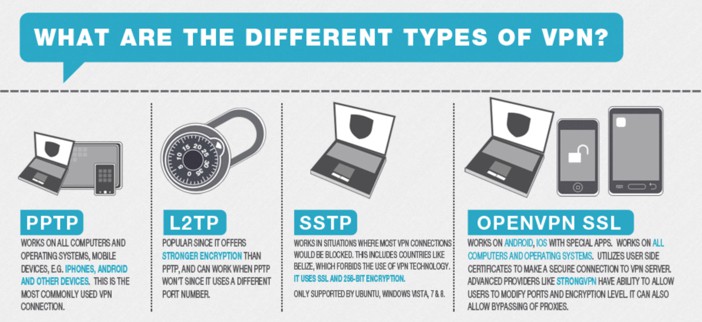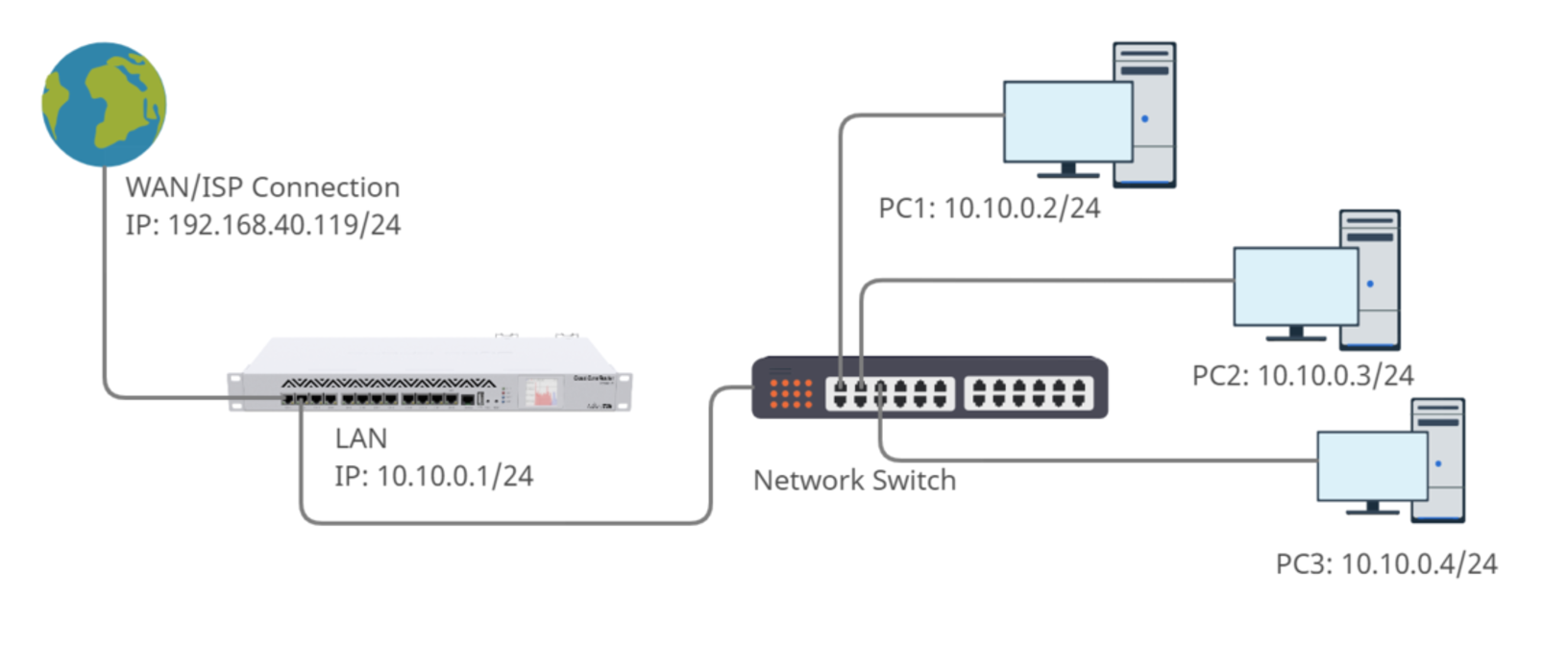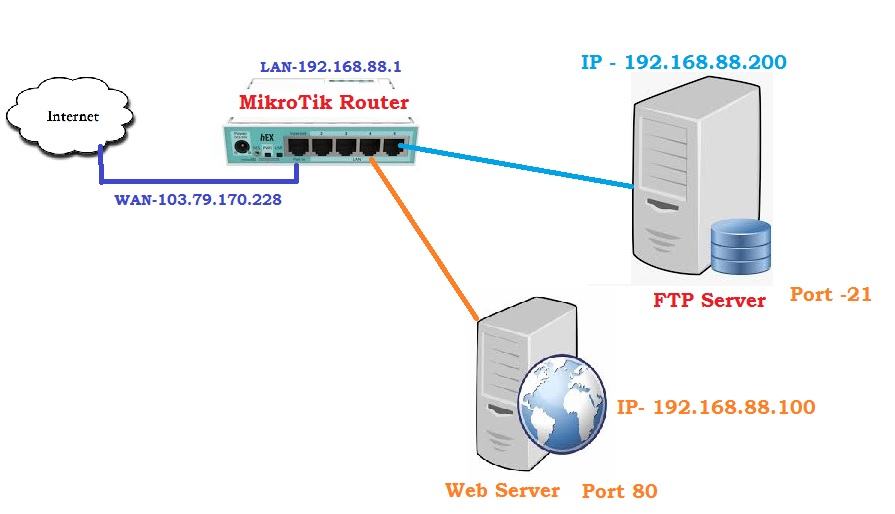Comparing VPN Protocols PPTP Vs L2TP/IPSec
Virtual Private Network (VPN) is a technology that has become increasingly popular in recent years due to the need to ensure internet privacy and security. A VPN not only provides a secure connection but also allows access to content that may be restricted in certain areas. However, not all VPN protocols are equal and it is important to understand the differences between them. This article will discuss the various VPN protocols and compare their strengths and weaknesses.

PPTP vs L2TP/IPSec
Point-to-Point Tunneling Protocol (PPTP) was the first VPN protocol to be developed and is still widely used today. It is easy to set up and is supported by most operating systems. However, its security has been called into question, as it uses the less secure MPPE (Microsoft Point-to-Point Encryption) encryption.
Layer 2 Tunneling Protocol (L2TP) combined with Internet Protocol Security (IPSec) is another popular protocol. L2TP does not provide any encryption on its own but when combined with IPSec, it provides a secure connection. IPSec is much more secure than PPTP but it can be slower due to the overhead of encryption and decryption.
Overall, L2TP/IPSec is a better choice for security-conscious users, while PPTP can be used for less sensitive data.
SSTP vs IKEv2/IPSec
Secure Socket Tunneling Protocol (SSTP) is a protocol developed by Microsoft and is only supported by Windows operating systems. It uses SSL/TLS encryption, which is very secure. However, it is not widely supported and may not work on some devices.
Internet Key Exchange version 2 (IKEv2) combined with IPSec is another protocol that provides a secure connection. Unlike L2TP/IPSec, IKEv2/IPSec supports mobility, which means it can handle changing networks without losing the connection. IKEv2 is also faster than SSTP due to the use of more efficient algorithms.
If you are a Windows user, SSTP may be the better choice due to its strong encryption. However, if you need mobility or are using non-Windows devices, IKEv2/IPSec is the way to go.
OpenVPN
OpenVPN is an open-source protocol that is highly configurable and can be used on a variety of platforms. It uses SSL/TLS encryption and can use a variety of algorithms for encryption and authentication.
OpenVPN provides excellent security and is highly configurable. It can be set up to use different ports, which can make it harder to detect and block. However, it can be more difficult to set up than other protocols and may not be supported by some VPN providers.
If you are looking for a highly secure and configurable protocol, OpenVPN is the way to go. However, be prepared for a steeper learning curve.
WireGuard
WireGuard is a new VPN protocol that has been gaining popularity due to its simplicity and speed. It uses modern cryptography and has been designed with performance in mind.
WireGuard is easy to set up and provides excellent performance. However, it is still a new protocol and may not be supported by all VPN providers. Its simplicity may also be a disadvantage, as it does not have as many configuration options as other protocols.
Overall, WireGuard is a promising new protocol that may become more popular in the future. If you are looking for speed and simplicity, it may be worth considering.
Conclusion
Choosing the right VPN protocol is important for ensuring privacy and security. Each protocol has its strengths and weaknesses, and the choice depends on your specific needs. PPTP is the most widely supported but also the least secure, while OpenVPN is highly configurable but has a steeper learning curve. L2TP/IPSec is a good choice for security-conscious users, while WireGuard is a promising new protocol that may become more popular in the future. Ultimately, the choice comes down to your individual needs and preferences.
Whichever protocol you choose, make sure you use a reputable VPN provider and keep your software up to date. With the right precautions, a VPN can provide a safe and private browsing experience.



Post a Comment for "Comparing VPN Protocols PPTP Vs L2TP/IPSec"